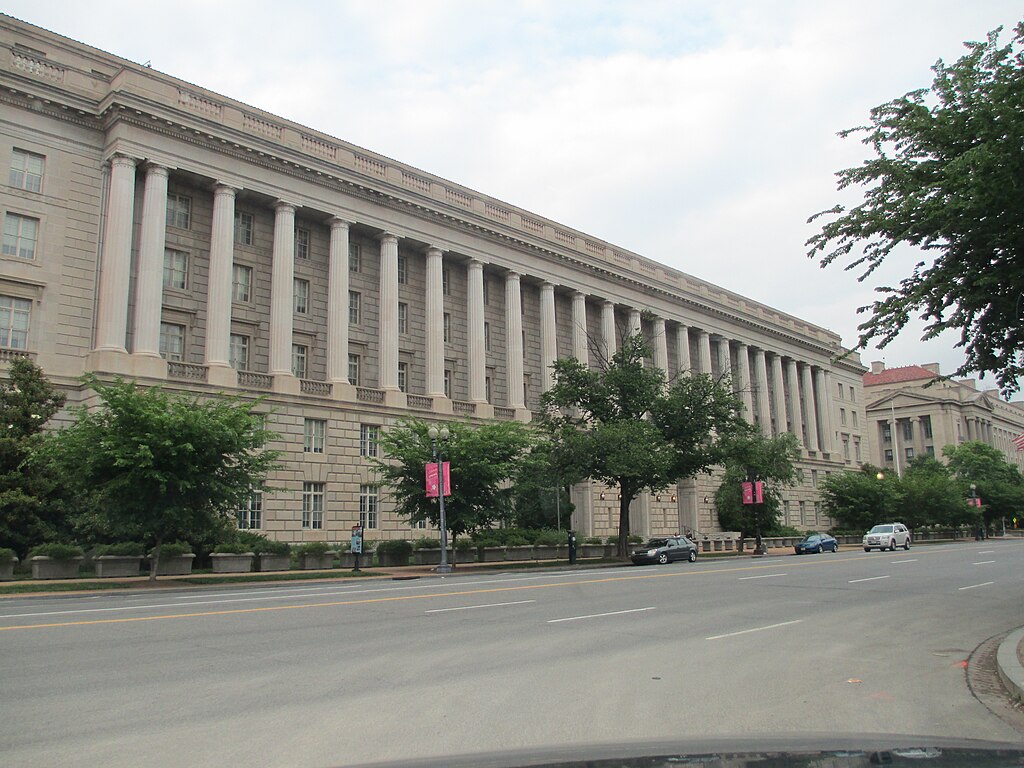Court Grants American Oversight Initial Relief in Request to Unseal Documents on IRS-ICE Agreement to Share Taxpayer Data
Implementation of the agreement between ICE and the IRS could jeopardize the confidentiality of sensitive information for millions of taxpayers. It should not be shrouded in secrecy.

On Thursday, nonpartisan watchdog American Oversight filed a motion to intervene to unseal documents stemming from an agreement between the Internal Revenue Service (IRS) and Immigration and Customs Enforcement (ICE). Implementing that agreement could jeopardize the confidentiality of sensitive information for millions of taxpayers. Minutes after the filing, the court ordered the government to file, later today, a redacted version of a brief that it initially filed under seal, and to respond to American Oversight’s motion to intervene by May 5.
American Oversight seeks to unseal the government’s response brief and attachments, which were entirely sealed, and a memorandum of understanding (MOU) between the IRS and ICE, which is partially sealed. The motion challenges the court orders that allowed the government to file these documents under seal without adequate justification for withholding these materials from the public.
Public Citizen filed the underlying case to prevent the IRS from engaging in the unauthorized disclosure of taxpayer information for immigration enforcement purposes.
“The court was right to act swiftly. The public has a right to know about agreements between government agencies that could compromise the confidentiality of taxpayer information and impact millions across the country,” said American Oversight interim Executive Director Chioma Chukwu. “These documents, which may reveal details about the agreement between the IRS and ICE to share taxpayer data and the government’s purported legal justification for that agreement, should not be shrouded in unnecessary secrecy, especially when they may expose the administration’s unprecedented and potentially reckless use of sensitive personal information for immigration enforcement.”
Additional Background
American Oversight’s motion notes that on April 7, the government filed a redacted version of the MOU to support its response to the plaintiffs’ motion for a preliminary injunction. During a preliminary injunction hearing on April 16, the government apparently provided an unredacted MOU to the court and the plaintiffs under a protective order arranged in open court. The plaintiffs subsequently filed a supplemental memorandum on April 23, with both redacted and sealed versions.
On April 28, the government filed its response to that supplemental memorandum entirely under seal, likely including the contested MOU as an attachment. The court granted the government’s motion to seal without providing any analysis of whether such comprehensive sealing was appropriate under legal standards that favor public access to court proceedings.